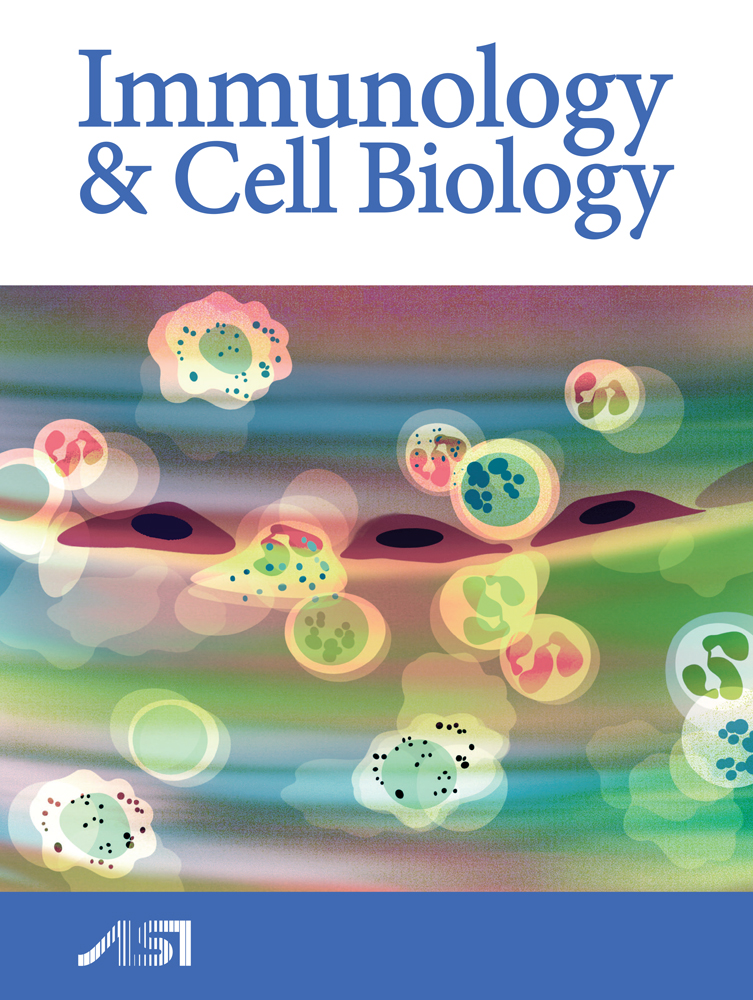Immunological characteristics correlating with clinical response to immunotherapy in patients with advanced metastatic melanoma
Abstract
Current treatment options for advanced metastatic melanoma are limited to experimental regimen that provide poor survival outcomes. Immunotherapy is a promising alternative and we recently reported a clinical trial in which 6 out of 19 patients enrolled had objective clinical responses to a fully autologous melanoma/dendritic cell vaccine. The mechanism of the vaccine is not well understood, but we hypothesized that general immunocompetence may be a determinant of clinical response. We therefore examined the immune status of an expanded series of 21 patients who displayed varying clinical responses to the melanoma/dendritic cell vaccine. Immunocompetence was assessed using in vitro assays of lymphocyte function: survival, proliferation and cytokine responses to mitogen stimulation as well as T-cell receptor ζ expression and lymphocyte subset analysis. Although lymphocytes from patients mostly performed comparably to age-matched and sex-matched controls, in some assays we identified significant differences between complete clinical responders and other patients, both before and following vaccination. Surprisingly, before vaccination, only lymphocytes from clinical responder patients showed impaired in vitro survival. Following vaccination, T lymphocyte survival improved and cells recovered their ability to produce the Th1-associated cytokines TNF and IFN-γ in response to anti-CD3 stimulation in vitro. No increase in Th1 cytokine production was observed in lymphocytes from patients who experienced partial clinical responses or progressive disease. We conclude that, before vaccination, patients who go on to have complete responses have immune characteristics suggestive of high cell turnover and low Th1-associated cytokine production, and that these can be reversed with vaccination. These results have potential implications for future immunotherapeutic strategies.





